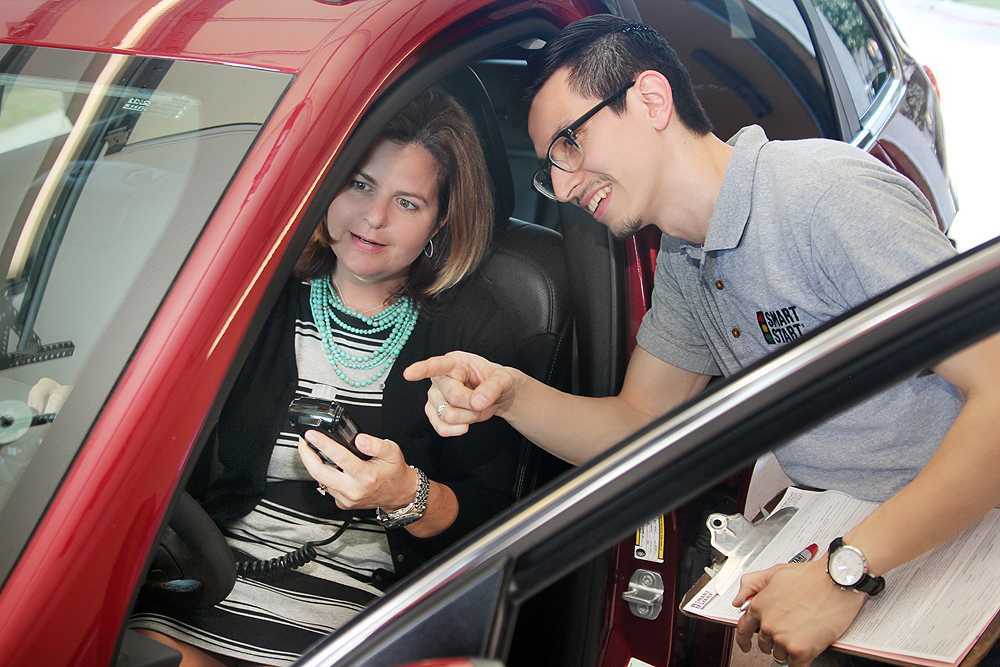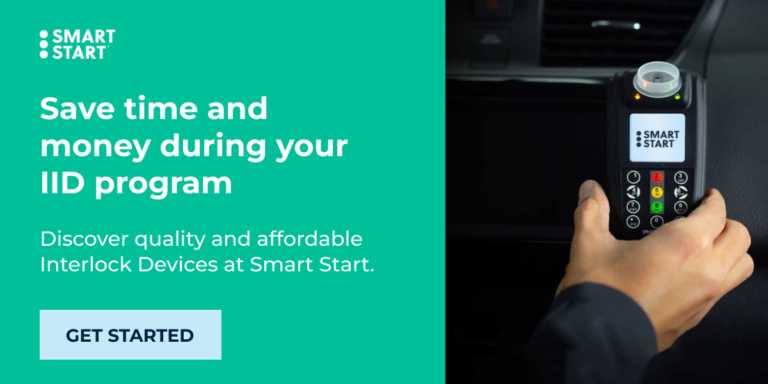How Is My Ignition Interlock Compliance Monitored in Colorado?
Guest Contributor: Tiftickjian Law Firm
Ignition Interlock devices don’t just prevent drivers who have been drinking from operating a vehicle. They also record specific information relating to attempts to start the vehicle using the device. With this information, the DMV can determine which drivers qualify for removal of the Ignition Interlock restriction and which drivers need the restriction to remain in place.
Under Colorado law, providers of Ignition Interlock devices must inspect each installed device at least once every 60 days and submit to the DMV monthly monitoring reports with the data stored on the device. Successful monitoring reports and device inspections allow drivers with Ignition Interlock-restricted licenses to stay on the road and earn back an unrestricted license as quickly as possible.
Inspection of the Ignition Interlock Device by the Provider in Colorado
Ignition Interlock-restricted drivers and device providers must schedule inspections at least once every 60 days. A driver’s failure to report for regular inspections can result in termination of the Ignition Interlock lease or license suspension for Ignition Interlock non-compliance. Because a current Ignition Interlock lease is a condition of the Ignition Interlock restriction, a terminated lease will lead to suspension of that restriction and, with it, the loss of driving privileges until a new lease is in place. So, restricted drivers should make scheduling and attending Ignition Interlock inspections a high priority.
During an inspection, the Ignition Interlock inspector verifies that the device is installed and functioning properly, downloads the data maintained on the device, and looks for any signs of tampering. Tampering includes any attempt to intercept, bypass, or interfere with the device. Any suspected tampering must be reported to the DMV within five days and can lead to the loss of driving privileges.
Ignition Interlock Monitoring Reports to the DMV in Colorado
While an Ignition Interlock device is installed on a vehicle, it keeps track of all attempts to operate the vehicle, the results of every breath test, and any lockouts resulting from a failed test. The Ignition Interlock provider submits this data to the DMV in monthly monitoring reports. If any lockouts are recorded, the Ignition Interlock provider reports the date and details of the failed breath test, including the alcohol level recorded in the driver’s sample.
Monthly reports are divided into calendar months, with each month designated as either “pass” or “fail.” Thus, failed tests on January 31 and February 1 would result in two failed reporting periods, while failures on January 30 and January 31 would result in only one failed reporting period.
Most Ignition Interlock-restricted drivers want to qualify for removal of the restriction as soon as possible. Receiving consistent, successful monitoring reports is the key to accomplishing this goal. If the provider reports failures for three or more months out of any consecutive 12-month period, the Ignition Interlock restriction on the driver’s license will be extended for an additional year after the end of the current restriction. Or, if the original restriction had already concluded at the time of the lockout, the restriction will be renewed.
Of course, the goal of every driver seeking early removal of an Ignition Interlock restriction should be zero failed reporting periods. For first-time offenders, uninterrupted successful reports can lead to removal of the restriction in as few as four months, assuming you were not designated a Persistent Drunk Driver by the DMV for refusing a chemical test or for having a BAC above .15. For persistent or habitual offenders, it will take longer, but, even so, successful reports are vital to reacquiring an unrestricted license as soon as eligible by law.
A driver who believes his or her Ignition Interlock restriction has been wrongfully extended can request a review hearing. At the hearing, the driver is permitted to present arguments and evidence in support of rescinding or reducing the extension. Administrative hearings can be tricky, so it is usually a good idea for drivers preparing for a hearing, or unsure whether they should request a hearing, to consult with an experienced DUI defense attorney.
Denver DUI Lawyer/Attorney
Need an Ignition Interlock Now in Colorado?
Schedule your installation appointment with Smart Start by calling (800) 831-3299 or by filling out our online form. Make sure to ask for any current specials or discounts!
Schedule an Installation
Get a quick and easy IID installation with Smart Start! Get started today!
¡Obtenga una instalación rápida y fácil de IID con Smart Start! ¡Empieza hoy mismo!
"* (required)" indicates required fields







